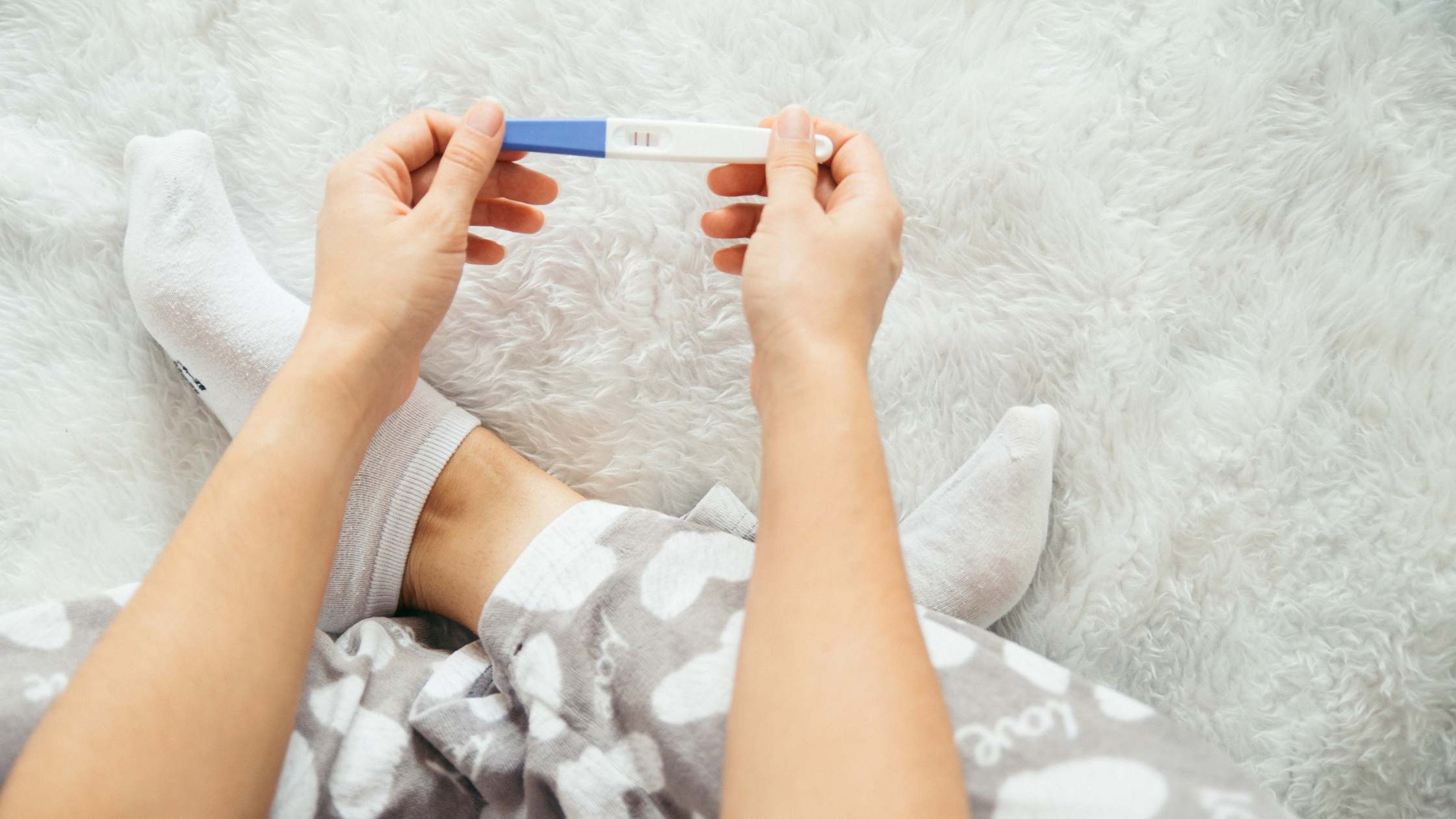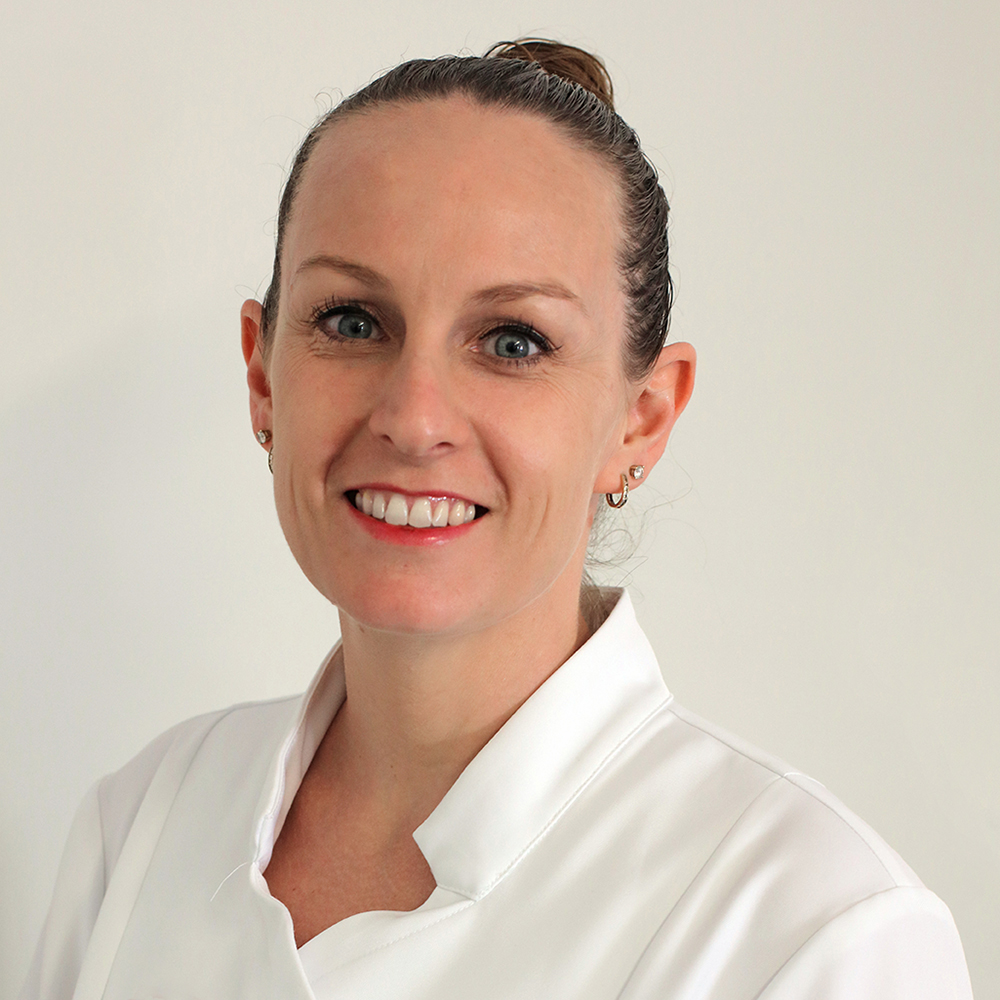When do Pregnancy Symptoms Start?
Every woman experiences pregnancy differently, but most should expect to experience symptoms anywhere from 4-6 weeks.
However, there are some tell-tale signs that a little bundle of joy might be on the way, as you will read below. Other changes will of course happen to your body as your pregnancy progresses.
Your Pharmacist or Doctor can help provide advice on how to ease these symptoms where possible.
Some of the early signs of pregnancy can be as follows, but whilst some women might experience one, two or more of these symptoms, some women may not experience any symptoms besides noticing that their period is late.
Typical Early Symptoms of Pregnancy
The following are examples of typical symptoms you may experience in the early stages of pregnancy.
The first step after noticing any of these symptoms is to take a home pregnancy test. Whilst most home pregnancy tests are quite accurate nowadays, it is more common to get a false negative reading than a false positive. Once confirmed with a home pregnancy test, this is the best time to see your GP about a blood test confirmation and any concerns you may have including any symptoms that may seem unusual or severe to you.
Missed Periods
Missed periods are a common sign, however you may still experience light bleeding or spotting during your pregnancy, and whilst there have been cases of women being unaware they are pregnant due to continuing periods, this is likely to be spotting rather than an actual menstrual period. If you do suspect you may be pregnant, but you are experiencing spotting, we encourage you to seek advice from your GP, where you may be offered another blood test.
Spotting
Spotting is light vaginal bleeding during pregnancy. It is typically a few lights spots of blood and is often due to implantation, where the embryo safely attaches to the uterus wall.
Any further spotting will be lighter than your menstrual period. It is common, particularly during the first trimester, however it can happen anytime during pregnancy. Any bleeding or spotting during pregnancy may require a panty liner to protect clothing but should not fill the liner. You should contact your GP with any concerns. If you experience any bleeding during the second and third trimester, you should contact your GP or midwife for a check-up, and you may require extra appointments during this time to rule out anything serious.
Morning Sickness
Morning sickness can include nausea, vomiting and loss of appetite. It can occur at any time during the day, not just in the morning. Morning sickness affects more than half of pregnant women.
For most women, the symptoms last up until 14 weeks of the gestation period, however some women will continue to experience morning sickness until about 20 weeks or even further. Whilst there are occasionally more severe forms of morning sickness which can require hospitalisation, most symptoms are self-limiting and may be treated with ginger, eating something when you first wake before you get out of bed, breathing exercises, avoiding certain foods or triggers that you know contribute to these symptoms and moving or staying busy to prevent fixating on the feelings. If you are unable to control the symptoms or the morning sickness is getting worse, your GP may be able to offer you some medication which could help.
Changes to Breasts
Often amongst one of the first early signs or symptoms of pregnancy is the breasts, which tend to become sore, tender and fuller during pregnancy. By wearing a supportive wireless bra or crop top, this may help to prevent any excess movement that can cause pain or tenderness. Try loose fitting clothing, cold compresses using a flexible cold pack kept in the fridge, or warm showers to see if this helps to decrease discomfort.
Fatigue
Due to an increase in hormones in early pregnancy, you may experience fatigue or increased tiredness during the first trimester, but this should reduce during the second trimester. As your pregnancy enters the third trimester you may start to experience this fatigue again prior to giving birth. If this is your first pregnancy, take the time to look after yourself as best as possible. Take naps or just rest when you can, reduce the amount of daily activities you take on board, aim for an earlier bedtime and ask for help. Ensure that you eat well and often as this can also affect your energy levels.
Food Cravings
Although the exact reason for food cravings is unknown, it is suggested that these cravings may be due to something lacking in your diet or the body requiring an increased amount of vitamins and/or minerals. Whilst it is perfectly normal to experience food cravings, it is recommended to limit heavy sugar loaded foods and unhealthy foods where possible. To try and limit the amount of food cravings you experience, aim to eat healthy food regularly throughout the day and get plenty of rest to avoid the need for a quick energy fix with junk food that have limited nutritional value.
There are certain foods that should be avoided during pregnancy such as, but not limited to:
- Soft cheeses
- Sushi
- Raw eggs
- Undercooked meat products
- Pre-packaged salads
- Deli meat products
Other Common Symptoms
Other symptoms may include:
- Changes in bathroom habits, including an increased need to urinate and constipation. Before trying to treat constipation caused by pregnancy, come in and see one of our friendly pharmacists who can offer you safe options to use
- Increased sense of smell which can lead to nausea and/or vomiting
- An increase in vaginal discharge that does not include any soreness or irritation. This should settle on its own, but if you are concerned, please seek advice from your GP or midwife
When Do These Symptoms Go Away?
Some symptoms may go away in time, however some may occur throughout the duration of your pregnancy. As previously mentioned, fatigue is likely to be present in the first and third trimesters, but most women feel much less fatigue during the second trimester. Spotting can occur at any time and you should contact your GP if you are concerned. Breast tenderness is likely to remain throughout the pregnancy, however some women do experience less discomfort as they progress. Morning sickness can last anywhere from 6 weeks through to 20+ weeks but generally it won’t continue after the first trimester.
Food cravings can occur at any time and is likely to remain throughout the pregnancy, as is an increased need for urination especially as the baby grows and pushes against the bladder.
Treating Pregnancy Symptoms and How Your Pharmacist Can Help
Pregnancy is usually an amazing experience for women and the lead up to meeting your unborn baby is like no other. Though some symptoms can make you feel quite lousy at times, the moment you feel your baby move or kick for the first time, or when you give birth, these symptoms will feel like you can overcome anything. Our knowledgeable Pharmacists are available to discuss with you the symptoms you may be experiencing and offer you some treatment options. If our Pharmacists are unable to provide any options for you, we are more than happy to assist you with making an appointment with your GP, via a physical appointment or a telehealth appointment.
References
https://www.healthline.com/health/pregnancy/early-symptoms-timelinehttps://www.betterhealth.vic.gov.au/health/HealthyLiving/pregnancy-signs-and-symptomshttps://www.thewomens.org.au/news/right-royal-morning-sicknesshttps://www.pregnancybirthbaby.org.au/maternity-care-in-australiahttp://perinatology.com/calculators/betahCG.htm
https://www.whattoexpect.com/



